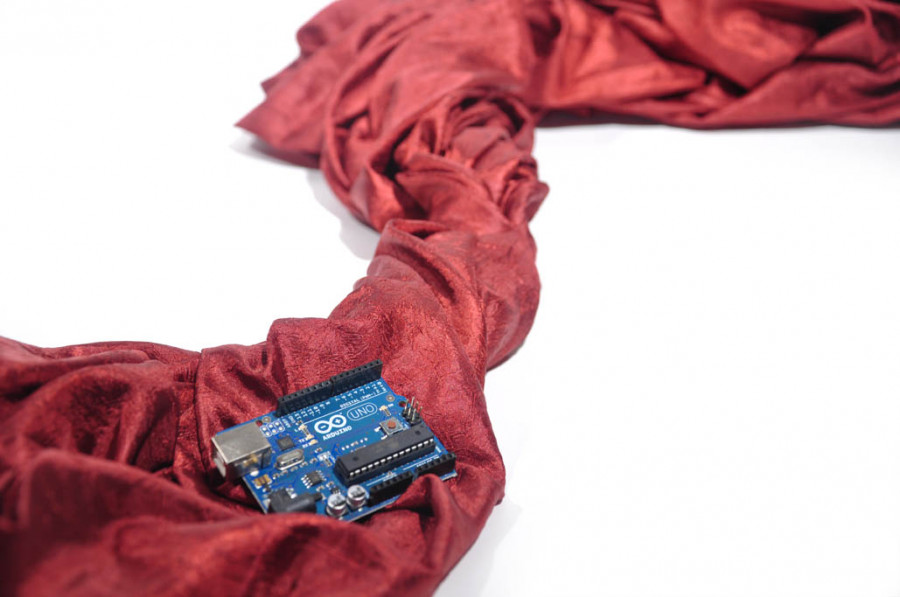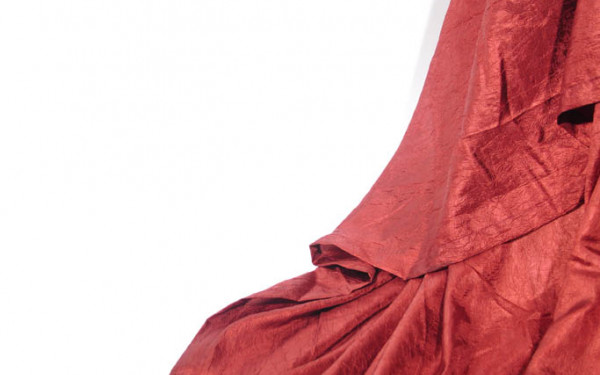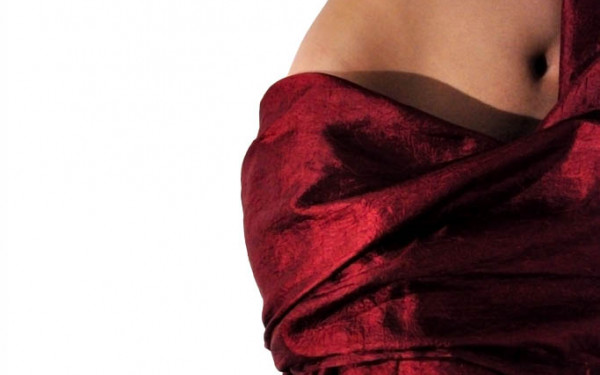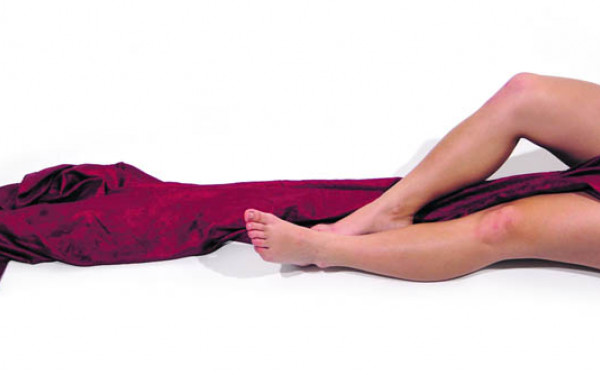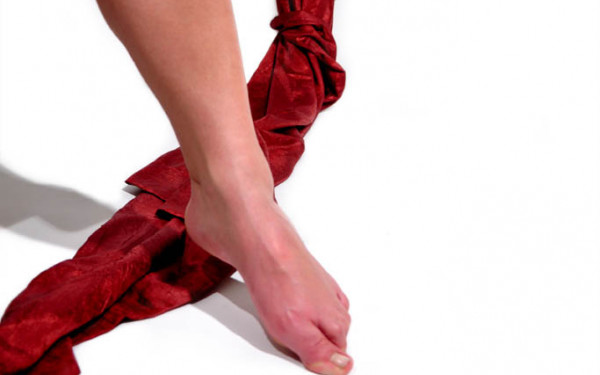Manly Feminism
On Men Who Embrace the Movement
It’s hard to grow up as a gangly, awkward, anti-social nerd with a last name like Manley and not develop a very acute consciousness of gender roles in North American culture. So, despite never having taken a course on gender studies, I feel like a bit of an amateur student thereof.
I’m an avowed feminist. And I’ve heard guys say they’re feminists before, which is encouraging, but I hear it less often than I hear girls tell me they’re not feminists, or try to put conditions on their feminism, like—“I consider myself a feminist, but I feel like a lot of these women go too far; they’re too combative.”
It is difficult to feel like you spend more time thinking or caring about the struggle of women’s rights than a woman herself—any woman at all—let alone a lot of them.
And yet, there doesn’t seem to be a generally accepted consciousness, even among university-going young people, that feminism isn’t over. That there remains, in the world and in North America, a slanted playing field; a glass ceiling. You can’t simply gender-flip any given situation and have the pieces land flatly and neatly.
Those frustrations are things that face female feminists too, though. But here are some of the things that are endemic to male-feminism:
First, you have to be on your guard all the time. You are constantly encountering women that you are in a position to scare, stress out or worry. You need to do your best to avoid making this happen. When you are about to catch up to a woman walking on a sidewalk late at night, cross the street. When you are using public transportation, out of courtesy, indicate that you’re getting off at your stop as early as possible, so you don’t give anyone cause to think you’re following them. Don’t stare at people. Don’t approach girls you don’t know unless it’s absolutely necessary. Don’t talk to women after dark. Things like that.
Nevertheless, it’s hard to be, well, a guy if you’re constantly looking out primarily for women’s rights, and I imagine this drives a not-insignificant percentage of men away from the concept. Men are willing to accept, in principle, ideas like the equality of men and women, but in practice, a dominant class of people cannot be or become equal with an underprivileged group without the former making serious concessions to the rights of the latter.
And then it becomes—“Well, I’ve never raped a woman; I’ve never hit a woman; I’ve never cheated on a woman; why should I have to put a woman’s rights, her sense of comfort or emotional well-being before mine?”
For some reason, the same principle isn’t as hard to grasp with regards to race relations; you don’t get many white people claiming they should be able to continue subjugating black people simply because they themselves had never worn a white hood or participated in a lynching.
That sort of comparison may sound drastic, but male violence against women is hardly limited to black eyes after drunken arguments. Men are quick to throw around terms like “man-hating feminist” at women who take their rights seriously and who vocally object to the patriarchy, but I don’t think it’s unfair to suggest that a significant percentage of men in our society are threatened by the progress of women’s rights—and ten points to you if you can remember the last time a woman resorted to a Polytechnique-style attack on men for perceived gender-based discrimination.
You don’t need to look far to see where and how the remaining outposts of our firmly entrenched misogyny are a problem. A simple trip outdoors on a Friday night will yield myriad encounters with these problem children, these lost boys—young men whose visual and psychological identities are built around a desire to seem intimidating. Like the only way to seem worth dating is to be the scariest-looking piece of meat on the market.
Perhaps the problem is our culture suffers from a distinct lack of male-feminist role models. The Don Drapers and the Chris Browns of the world are a dime a dozen, and their followers are, inexplicably, a legion.
To the best of my knowledge, though, there’s yet to be a really sexy, openly-feminist male fictional character or celebrity to reach critical pop culture mass awareness, either in throwback-to-the-‘50s-manliness terms or in 21st-century-alpha-male terms.
I think, if there’s any takeaway from all this, it’s that modern men need to start including feminist concerns in their everyday carry. If our identities are things we construct and can shape consciously, then we can start recycling chivalry, which, so far as I know, still retains a certain sexy cachet, into something a little more suited for 2011 and beyond.
This article originally appeared in Volume 31, Issue 25, published March 8, 2011.

